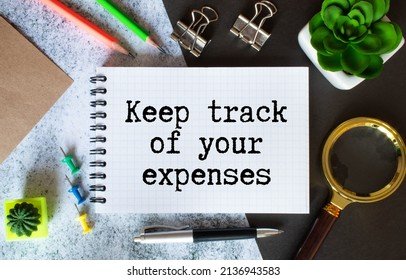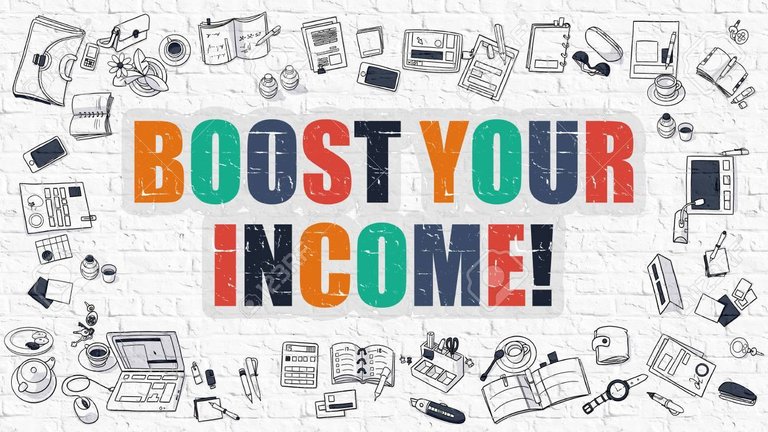Managing Expenses is absolutely C R U C I A L... So that Y O U don't Burn Y O U R Pocket! Let's understand how !!!
Hello Everyone! Managing expenses is an essential skill that everyone should learn to achieve financial stability and avoid unnecessary debt.
However, with today's consumer-driven culture and easy access to credit, it is easy to overspend and fall into debt traps.
Let's discuss effective strategies for curbing unnecessary expenses and avoiding the burn of your pocket.
Curbing Unnecessary Expenses by Creating a Budget
The first step to curbing unnecessary #expenses is creating a budget. A #budget is a plan that outlines your income and expenses for a specific period, typically a month. The goal is to ensure that your expenses do not exceed your income. A budget helps you to identify areas where you can cut back and allocate your funds to achieve your #financial #goals. To create a budget, start by listing all your income sources and expenses. Include fixed expenses such as rent, utilities, and debt payments, as well as variable expenses such as food, entertainment, and transportation.
Identify Your Priorities
Once you have a #budget in place, identify your priorities. What are the things that matter most to you? It could be saving for a down payment on a house, paying off debt, or building an emergency fund. Whatever your priorities are, ensure that you allocate #funds to them first before spending on other #expenses.

Source
Cut Back on Unnecessary Expenses
To curb unnecessary expenses, you need to identify where you can cut back. Start by reviewing your variable #expenses, such as entertainment, dining out, and shopping. Look for areas where you can reduce or eliminate expenses without affecting your quality of life. For instance, you can reduce the number of times you eat out and opt for homemade meals. You can also consider buying generic brands instead of name brands or canceling subscriptions you do not use.
Use Cash Instead of Credit
Using cash instead of credit is an effective way to curb unnecessary #expenses. Credit cards make it easy to overspend, as you may not feel the impact of the expense until the end of the month. In contrast, when you use cash, you are more conscious of how much you are spending, and you may think twice before making a #purchase.

Source
Track Your Expenses
To stay on top of your budget, it is essential to track your #expenses. Keep a record of all your expenses, including small #purchases such as coffee and snacks. Use a #spreadsheet or an app to help you keep track of your spending. Review your expenses regularly to identify areas where you can cut back or adjust your #budget.
Plan Your Purchases
Another effective strategy for curbing unnecessary expenses is planning your purchases. Before making a purchase, ask yourself whether you really need it and how it fits into your #budget. If it is a significant purchase, consider waiting a few days to think about it before making a decision. Additionally, compare prices from different stores to ensure that you are getting the best deal.
Avoid Impulse Buying
Impulse buying is one of the leading causes of #overspending. To avoid impulse buying, create a shopping list before heading to the store and stick to it. Avoid shopping when you are hungry, as you may be tempted to buy snacks and other food items you do not need.
Avoid Lifestyle Inflation
Lifestyle inflation occurs when your expenses increase as your #income increases. For instance, you may decide to move to a more expensive apartment, buy a new car, or start dining out more frequently. While it is natural to want to enjoy the fruits of your labor, it is essential to avoid lifestyle inflation as it can quickly spiral out of control. Stick to your #budget and avoid #overspending, even as your income increases.
Find Ways to Increase Your Income
If you are struggling to make ends meet, consider finding ways to increase your income. You can look for a part-time job and other suitable opportunities that will create adequate ways to increase or boost your #income.







